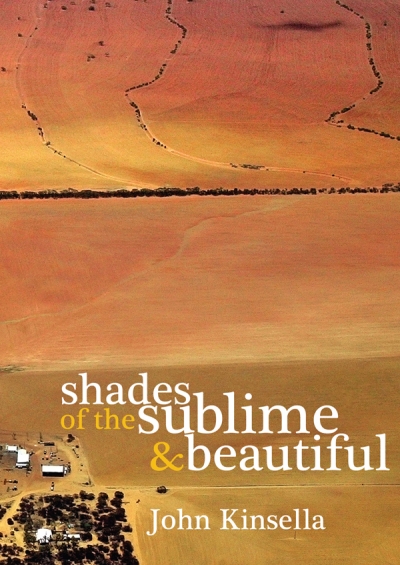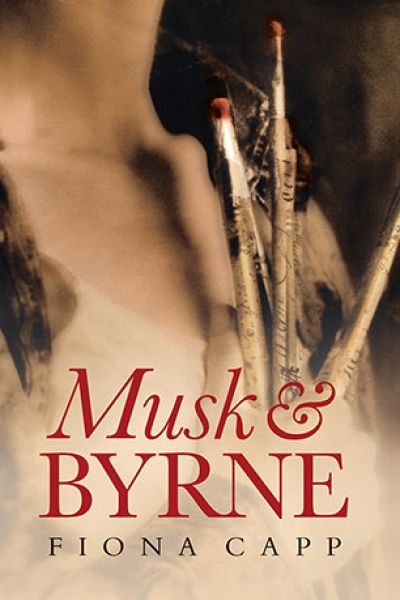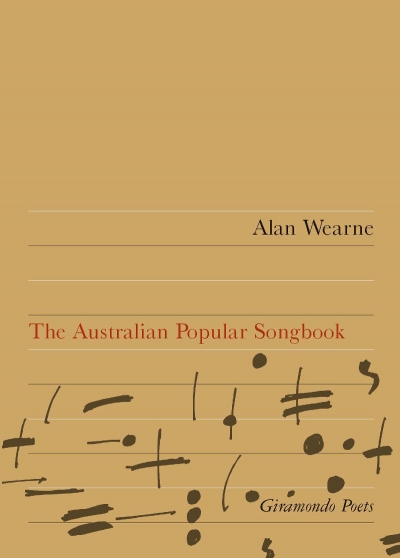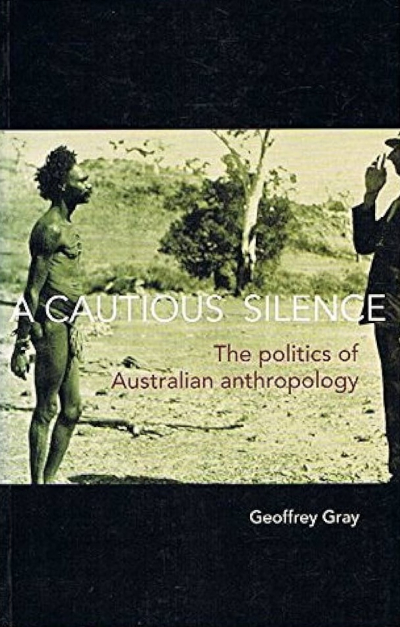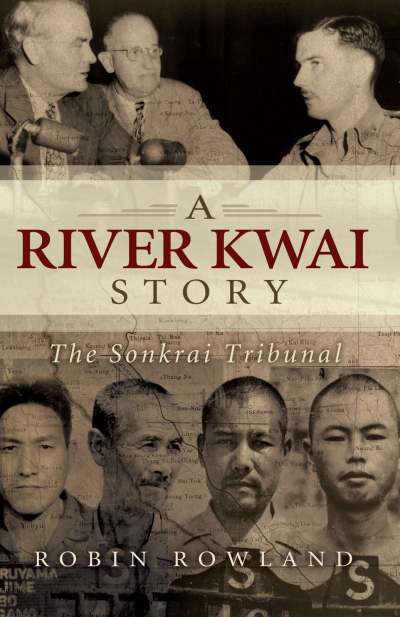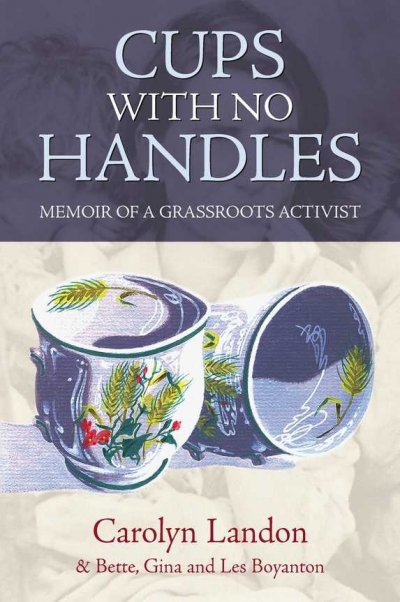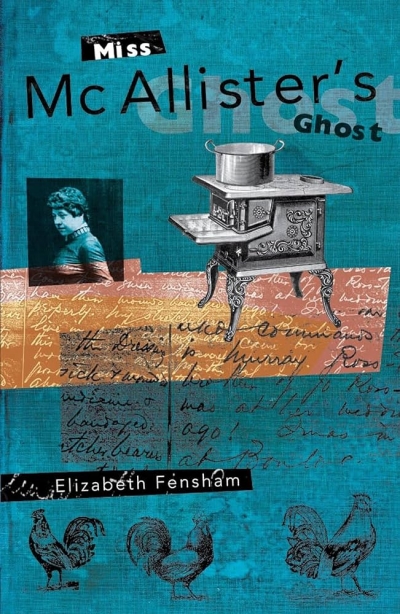Archive
I’ve been woken up
by a red wattle bird
flinging himself
at the glass
of my half-open window
calling throatily
with raucous cheek
as he prances the wood
of my balcony rail ... (read more)
We were never married, Dido.
Cease weeping, let me leave and agree
we both knew real spouses.
Even as the ghost of my precious wife passed
through my clutching arms like mist
A Cautious Silence: The politics of Australian anthropology by Geoffrey Gray
A River Kwai Story by Robin Rowland & The Men of the Line by Pattie Wright
I was going to say that this is the first time I have ever forgotten to meet somebody for dinner, but I have in fact done it before, as our forbearing editor will attest. Is this the beginning of Alzheimer’s? It was written in my diary, in red capitals. I certainly remembered on Monday. However, I drifted through yesterday in that blissful cloud of unknowing that one imagines people who take drugs pay good money for. After work I went home, warmed up the stew, and afterwards tried to find something to watch on telly – without success. I then did the laundry, got into bed and read the Times Literary Supplement. At no stage did I experience even the faintest hint of disquiet arising from the fact that I needed to be in another spot where a distinguished visitor was waiting in vain for me to arrive. What makes it so much worse is that my dinner date was staying at the Duncan, and therefore endured the solicitous inquiries and increasingly pitying glances of ancient staff and dubious fellow guests. Eventually he gave up. Part of my penance is to go and sit in the lobby.
... (read more)
